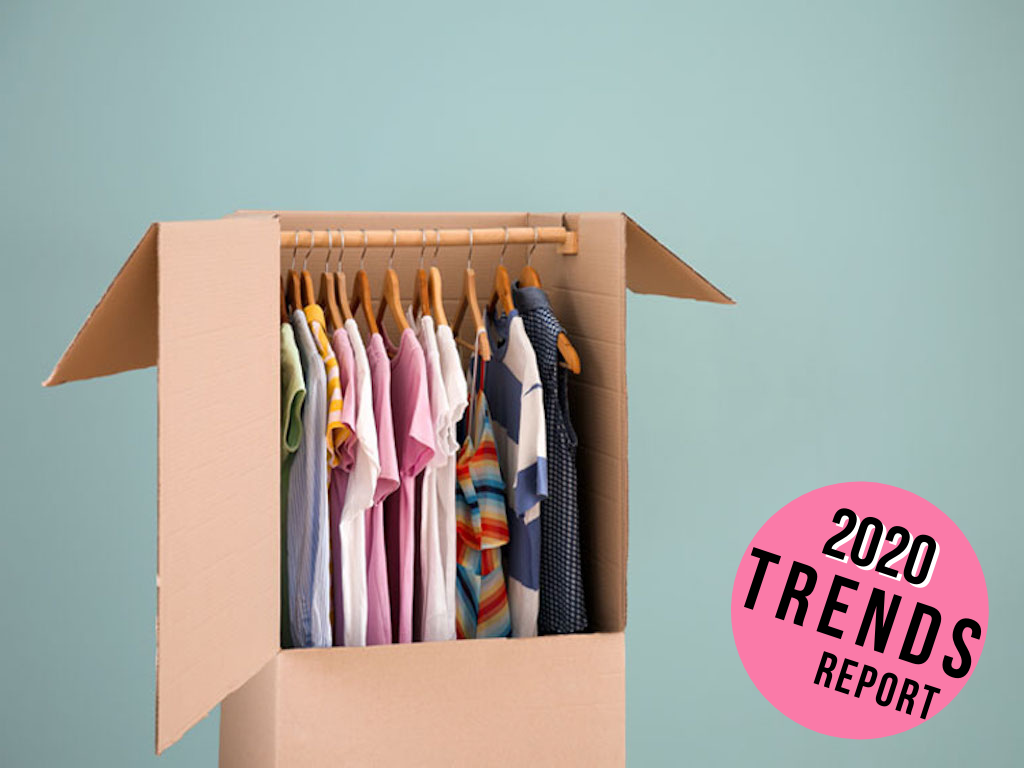2 Mins Read
As if it hasn’t already made multiple headlines in 2019, sustainable fashion is going to explode this year. Just like inclusivity is not something that brands can afford ignore, sustainability is something companies will no longer be able to skirt around (!). If you think back to a early 2018, when plastic-free living and the plant-based diet began to dominate headlines incessantly, we predict 2020 to be a watershed year for sustainable fashion awareness.
The fast fashion industry is in the midst of a serious identity crisis – their “grow or die” business model is no longer viable in a space where consumers are coupling their shopping habits with resource use and environmental impact. Reports of the devastating impact of textile manufacturing, from a truckload of offcut waste landfilled every single second, to the shocking water contamination and carbon emissions, not to mention the thorny human rights implications of fast fashion, are being reported on more frequently, and consumers are starting to face the inevitable truth: the clothes they buy have a hugely damaging cost both to the planet and to humanity.
Vogue, arguably the most iconic and influential fashion magazine in the world, has created a global sustainability director position to lead the company’s green initiatives and accelerate change across the entire industry. Perhaps the epitome of fast fashion and our quick-waste consumer culture, H&M, debuted a recycling, repair and rental concept and a rental subscription service under its higher-end sister brand COS collection in China. Luxury retailers are promoting refurbishment. The online resale and consignment platform sector for secondhand clothing has never been more popular.
Driven by younger shoppers who will inevitably overtake the older generation, consumers of today care about buying sustainable, and they’re willing, more than ever before, to ditch the mainstream for newer, independent, boutique brands that show a serious commitment to sustainability across the entire supply chain. Not only are mainstream brands going to have to shift their operations to try and retain customers, they’re going to have to demonstrate genuine dedication to sustainability to an increasingly conscious demographic of shoppers who are now able to discern cases of “greenwashing” more savvily than the years before 2020.
The current linear model of fashion capitalism will lose its customers this year, which also means that inevitably, consumers are shopping less in fashion. The fashion industry will have to grapple with this, and the question is how will they adapt if they are to survive. The only way forward for the industry is circular – this will mean everything from adopting up-cycled, recycled, secondhand and preloved business models, as well as demonstrating an effort to offset their corporate carbon footprint and giving back positively to the community.
Lead image courtesy of Ecotextile.




